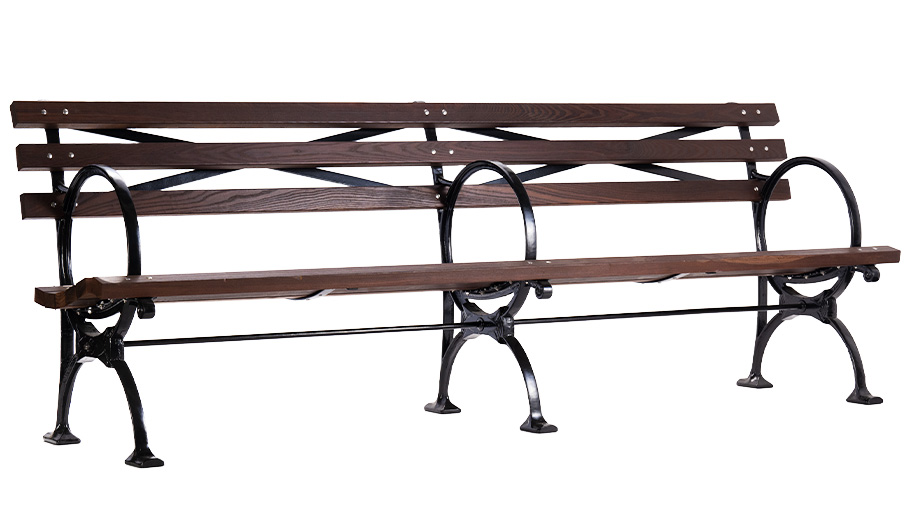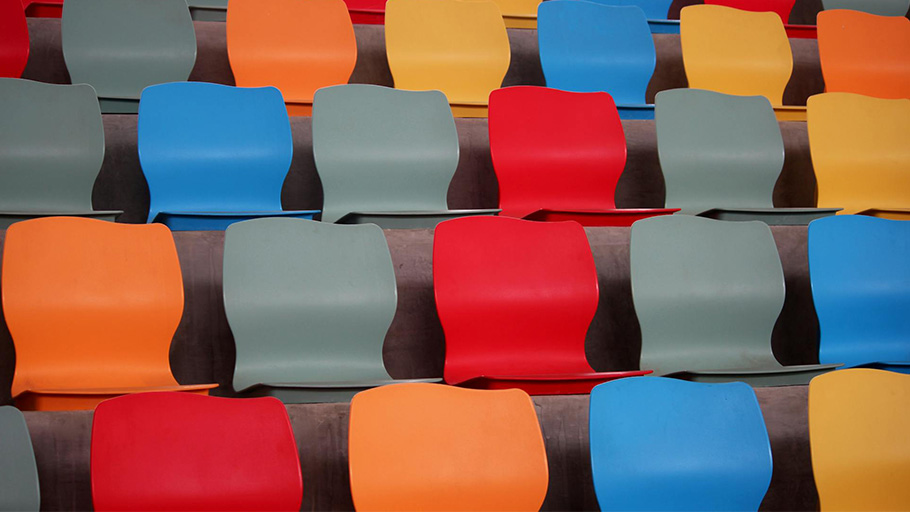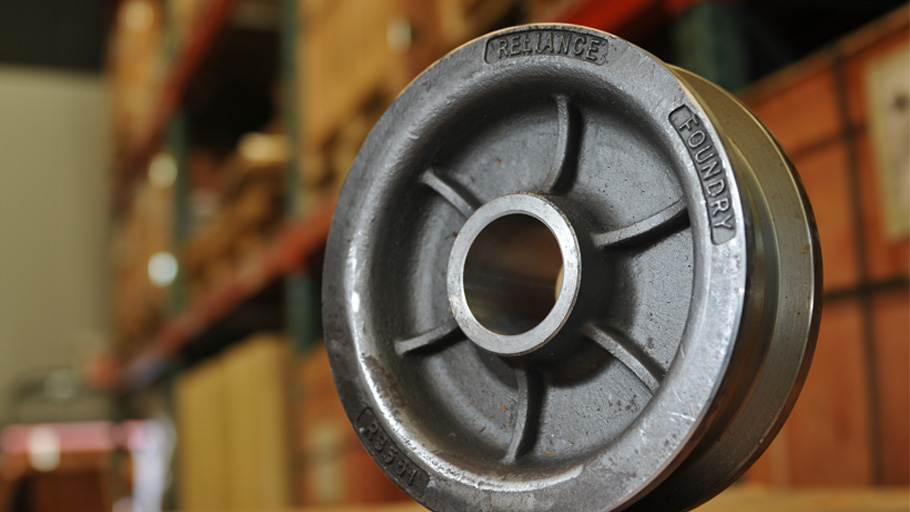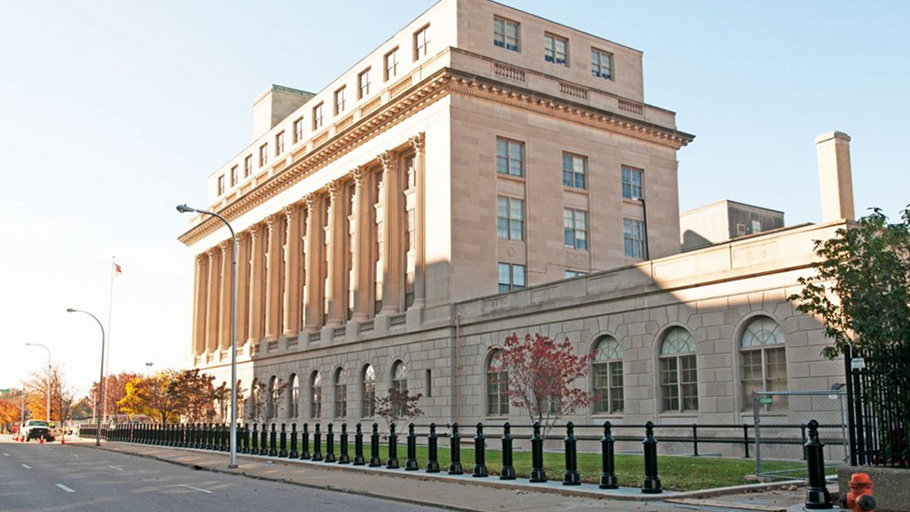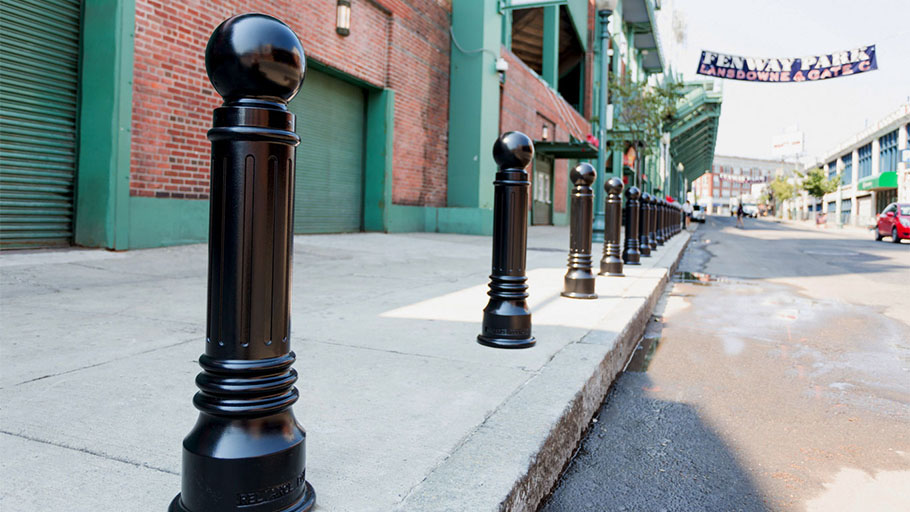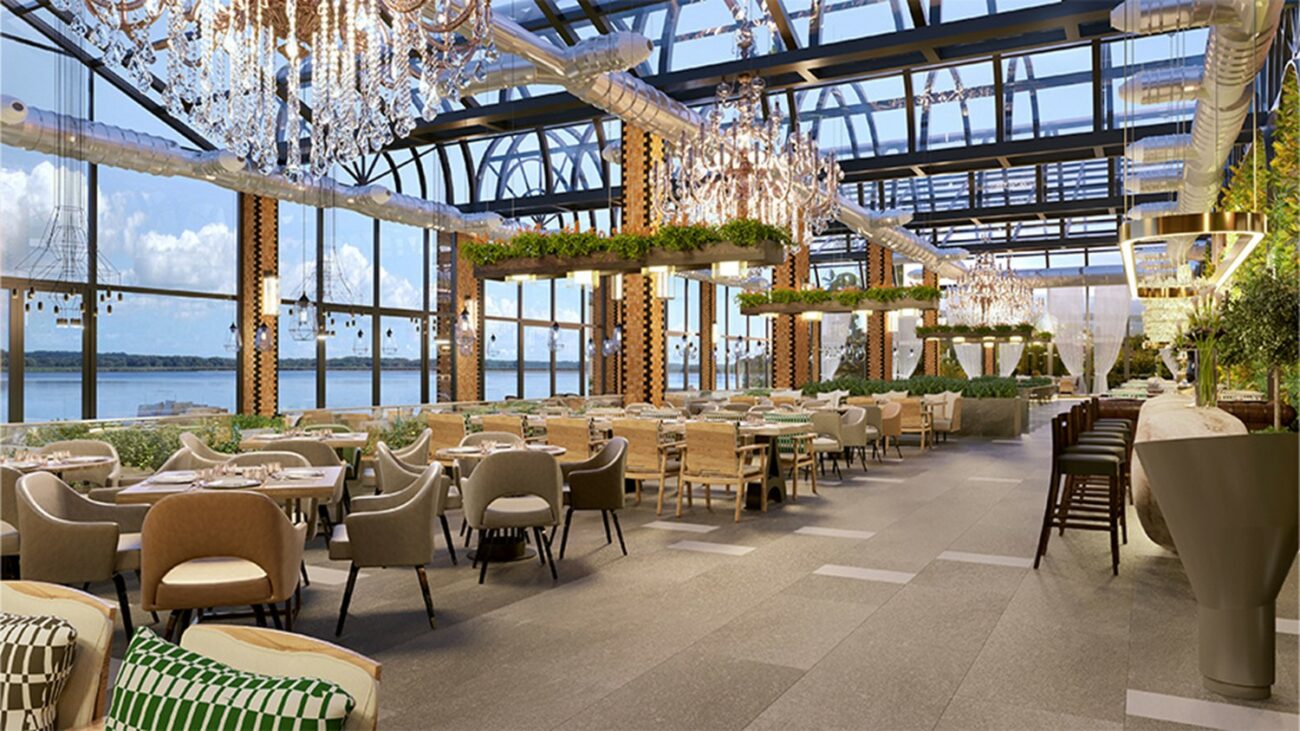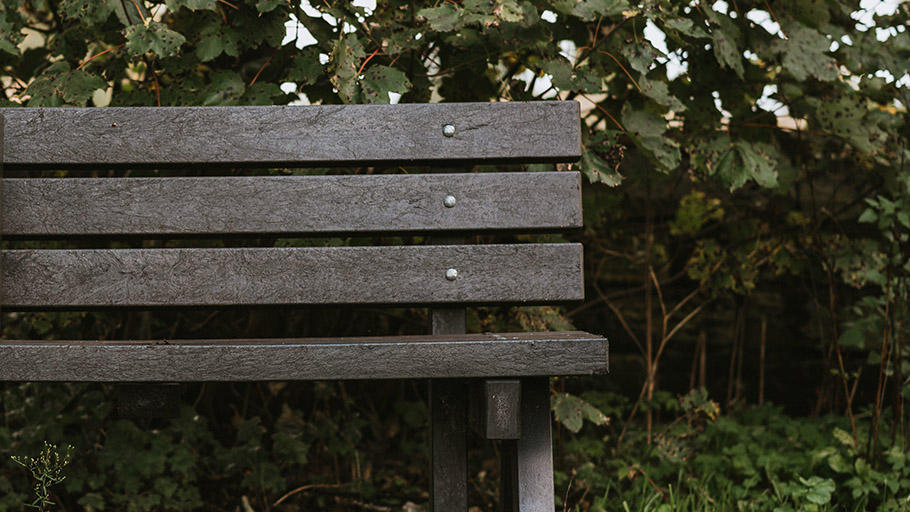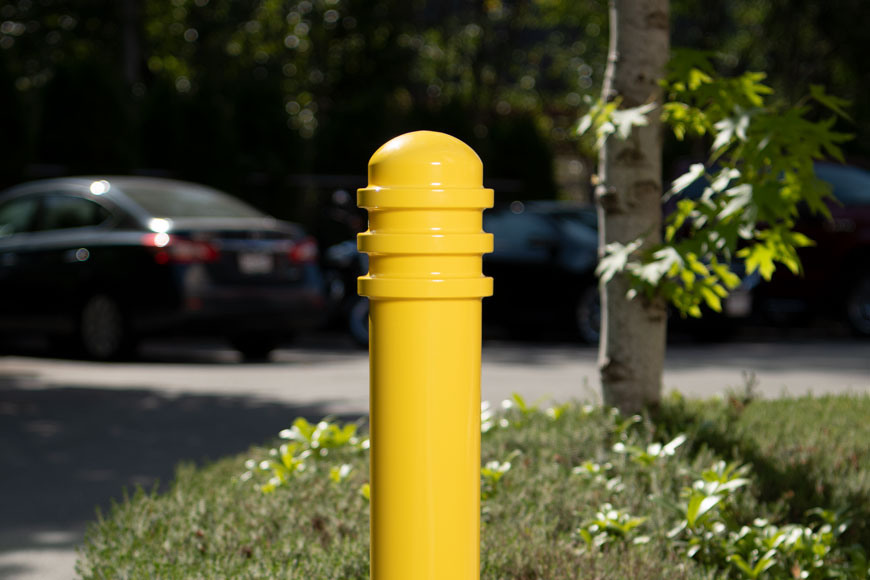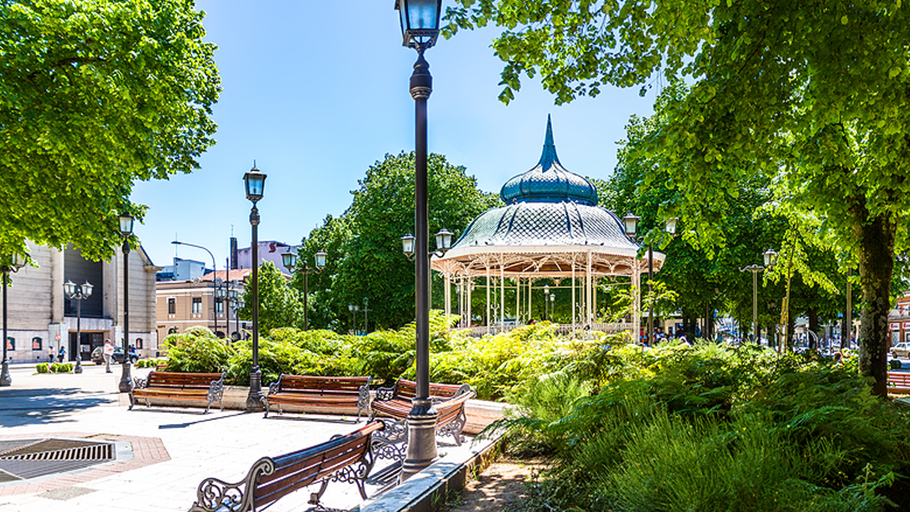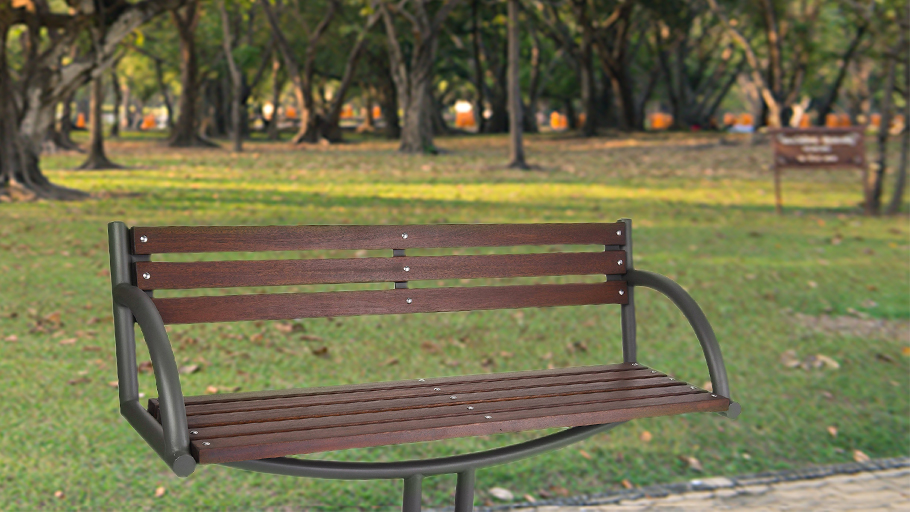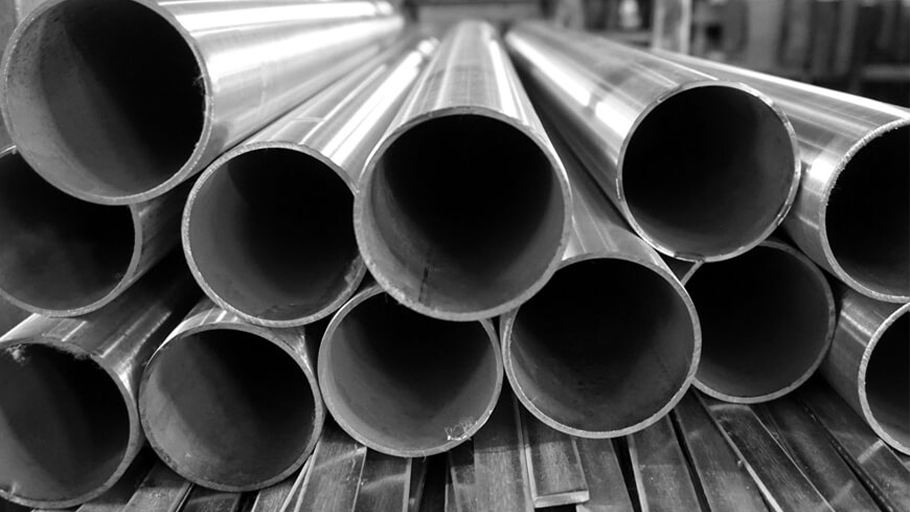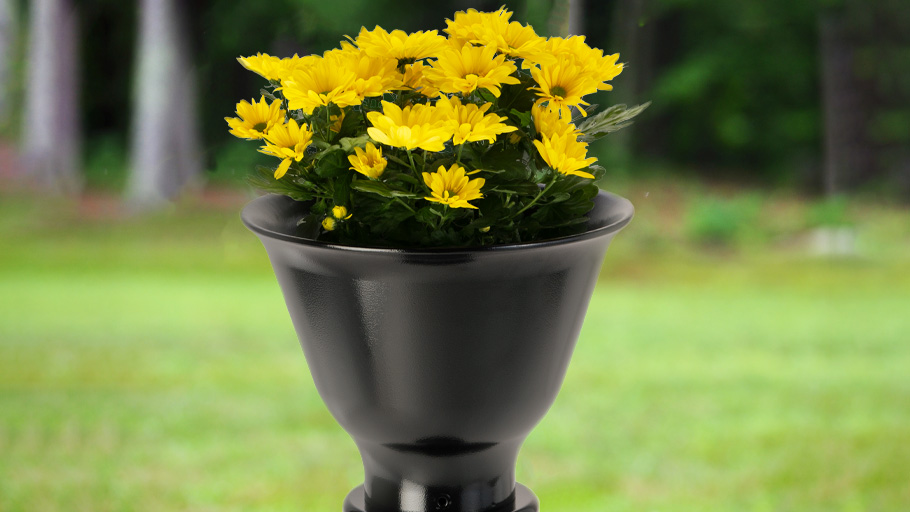Discover how ThermoWood offers a solution to the limitations of regular wood and why it may be the ideal material for your next project.
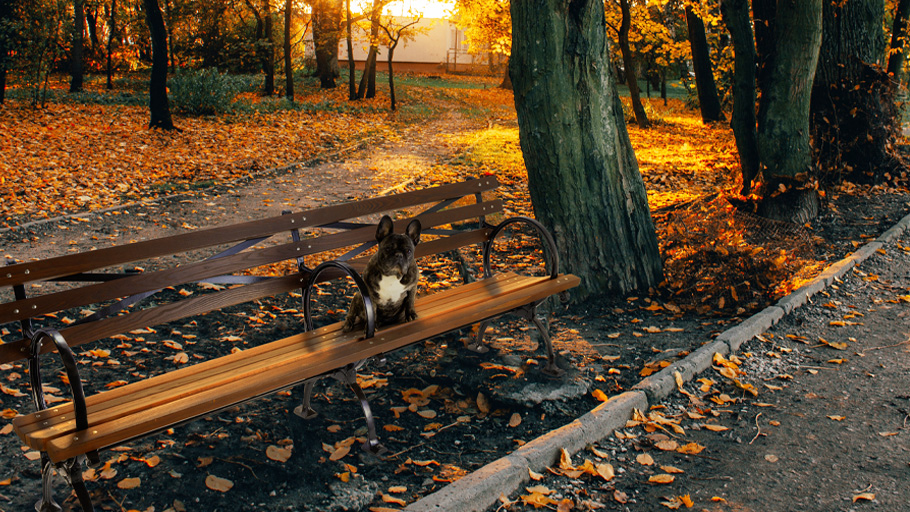
Used worldwide due to its abundance, wood is one of the most versatile and popular materials for a wide range of construction and design projects. However, its natural properties, such as susceptibility to decay, insects, and rot, often limit its use in outdoor and harsh environments. To overcome these limits, the process of creating thermally modified wood was identified and refined, allowing ThermoWood to reach the market.
What is ThermoWood?
ThermoWood is a type of thermally modified wood created through a process developed at the VTT Technical Research Centre of Finland in collaboration with the Finnish wood product industry, which is licensed to members of the International ThermoWood Association. Its creation process can be summarized by the following three phases:
Phase One: A specially designed kiln is used to expose the wood to heat and steam, raising the temperature rapidly to 100° Celsius and then steadily to 130°C, which dries the wood and almost completely removes its moisture content.
Phase Two: The wood undergoes a heat treatment process, in which the kiln temperature is increased to a level between 185°C to 215°C for a length of two to three hours.
Phase Three: The temperature is lowered via water spray systems, and re-moisturization of the wood takes place around 80°C, where the content rises to a usable level of around 4–7%.
This process, a variation of thermal modification, changes the chemical and physical properties of the wood, improving its stability, durability, and thermal conductivity in addition to its resistance against decay, insects, and rot. This occurs as extractives and resins that reduce durability are removed from the wood, and nutrients that attract insects and support decay are reduced significantly.
The result of the ThermoWood process is smooth, splinter-free wood with uniform color and texture that not only looks aesthetically pleasing but can last for extended periods of time in harsh outdoor conditions.
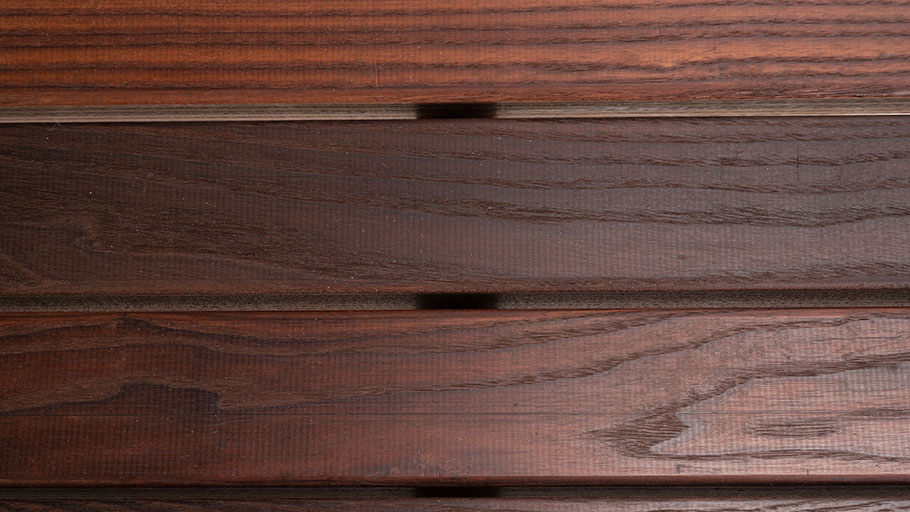
What are the advantages of ThermoWood over Regular Wood?
Using ThermoWood in place of regular wood presents several advantages, including but not limited to:
- Durability: As the wood is treated and becomes more resistant to the effects of insects, decay, and rot, ThermoWood can be used in a variety of outdoor applications without fear of degradation from weather exposure.
- Stability: After the process of thermal modification, the moisture content of the wood decreases significantly and it acquires a property called “moisture balance,” which reduces the amount of absorption and heat exchange between the wood and its environment. This not only increases stability and the wood’s insulative properties, but also significantly reduces the frequency of splintering, cracking, and warping,
- Sustainability: As the wood is protected via a temperature-based process as opposed to chemicals, the wood remains environmentally friendly and preserves its natural features, allowing it to be recycled after use. Further, the use of sustainable sources such as fast-growing softwoods reduces its environmental impact, and the increased durability of the wood reduces the need for frequent replacement.
- Aesthetic appeal: This thermal modification process not only alters the innate properties of the wood, but simultaneously affects the color and appearance of the wood that undergoes it, giving it uniform dark coloration throughout the lumber and solidifying the exterior. It is also easy to wash and maintain, being impermeable to moisture.
Despite the advantages that ThermoWood provides, there are a few limitations that one should be aware of before selecting it for a project. Due to the heat-treatment process, ThermoWood ignites and burns quicker than regular wood, and has very low flexibility. Like normal wood, it will fade over time if exposed to sunlight.
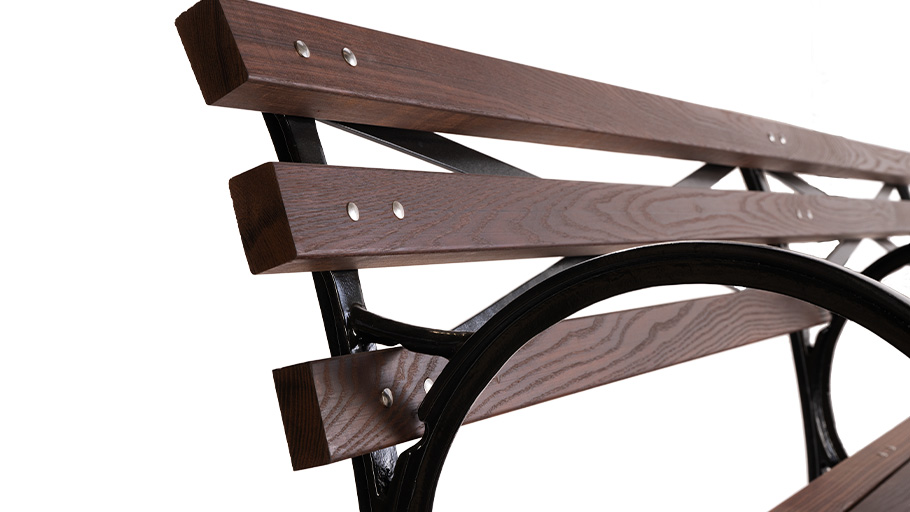
What can ThermoWood be used for?
As a replacement for regular wood, ThermoWood has an extremely wide range of applications due to its enhanced properties, including:
- Outdoor Construction: ThermoWood makes for an excellent selection for outdoor construction projects, including decking, cladding, and architectural millwork. Its superior durability and stability enable it to withstand harsh outdoor conditions while maintaining its attractive appearance, which blends seamlessly with both natural and urban design styles.
- Interior Construction: ThermoWood is an ideal choice for interior construction applications such as flooring and paneling due to its exceptional resistance to moisture and wear. Additionally, its ability to withstand high temperatures makes it a popular choice for sauna interiors, where it is constantly exposed to heat and humidity.
- Decoration and Furniture: As the thermal modification process can enhance the appearance of the wood, ThermoWood is a great selection for furniture and other decorative applications where both aesthetics and durability are in consideration.
Outdoor Benches with ThermoWood
While wooden benches are a popular option for outdoor seating in both public and private spaces, the use of regular wood can pose a risk due to its susceptibility to decay. To overcome this, wood benches can be crafted from ThermoWood, which offers a durable and sustainable solution.
As they can withstand harsh weather conditions and do not require frequent replacements, ThermoWood benches are perfect for outdoor use. Additionally, using wood treated by a thermal modification process gives benches a unique and attractive look that is easy to maintain, making them ideal additions to any outdoor space.
For example, our R-5514 World’s Fair Bench—which pays homage to the classic design of its namesakes 1939 event in New York City with a cast-iron frame, wood slats, and circular arm rests—is available in a ThermoWood variant, offering increased durability and strength alongside comfort and ergonomics.
